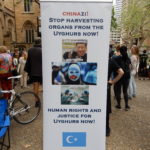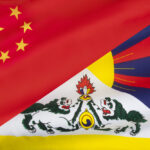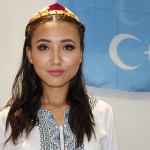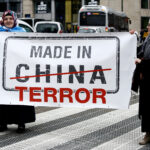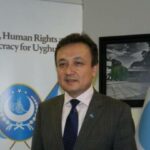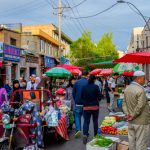Australia Must Declare Uyghur Genocide: An Interview With AUA’s Bahtiyar Bora
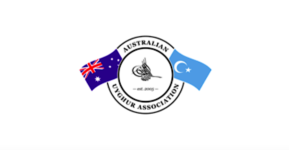
Right now, the Chinese government is perpetrating a genocide in the western province of Xinjiang: the homeland of the Uyghur people, which is locally known as the nation of East Turkistan.
Indeed, the evidence emerging makes it increasingly clear that Beijing is attempting to wipe out the locals.
Genocide is the attempt to violently destroy a particular people, who form a cohesive group due to their nationality, ethnicity, race or religion. The term was coined following the Holocaust in Germany, although that atrocity was by no means the first time the crime had been carried out.
In the aftermath of the Second World War, the United Nations adopted the Convention on the Prevention and Punishment of the Crime of Genocide. And in December 1948, Australia became one of the first signatories of the document.
The International Criminal Court prosecutes the crime of genocide. The ICC was established by the Rome Statute in July 2002.
And as this country is a party to that statute, Australia was compelled to enact the crime of genocide in domestic law, which is now contained in division 268 of the Criminal Code (Cth), including 268.5 which makes it a crime punishable by a maximum penalty of life imprisonment to inflict destructive life conditions on a particular national, ethnic, racial or religious group.
Internationally obliged
The Chinese Communist Party (CCP) began occupying Uyghur lands in 1949. And with the 2016 appointment of Chen Quanguo to Xinjiang party secretary, the repressions increased, and by mid-2017, it had emerged that one million Uyghurs were being detained in concentration camps.
This is accompanied by one of the most draconian electronic surveillance systems on the planet, as well as enhanced policing of the Indigenous peoples, ever-increasing erasure of their Islamic religion and their language, along with the mass removal of their children.
The Australian Uyghur Association (AUA) is calling on the federal government to declare the persecution of the Uyghurs genocide. This would follow the US declaration made in January, along with a motion passed by Canada last week condemning Beijing’s actions as constituting the crime.
The AUA points out that all states that are a party to the Genocide Convention are obliged to do everything they can to prevent genocide and to punish the perpetrators. And if Australia steps up, local Uyghur Australians insist, this will lead to other nations following suit.
The struggle from afar
Established in 2005, the Australian Uyghur Association represents the rights and interests of Uyghur people living in this country. It’s a part of the Munich-based World Uyghur Congress, which represents the collective interests of the Uyghurs, both exiled and living in East Turkistan.
Bahtiyar Bora is the secretary of the AUA. Prior to coming to this country in 1988, Bora was a journalist in Urumqi, the capital of the Uyghur homelands.
Since 2017, his nephew Ehsan Rahim has been incarcerated by the Chinese authorities without charge or trial.
Sydney Criminal Lawyers spoke to Bora about the recent allegations of mass rape and torture emerging from the concentration camps, the repressions in the region that extend into everyday life, and the impact the Australian government declaring genocide would have.
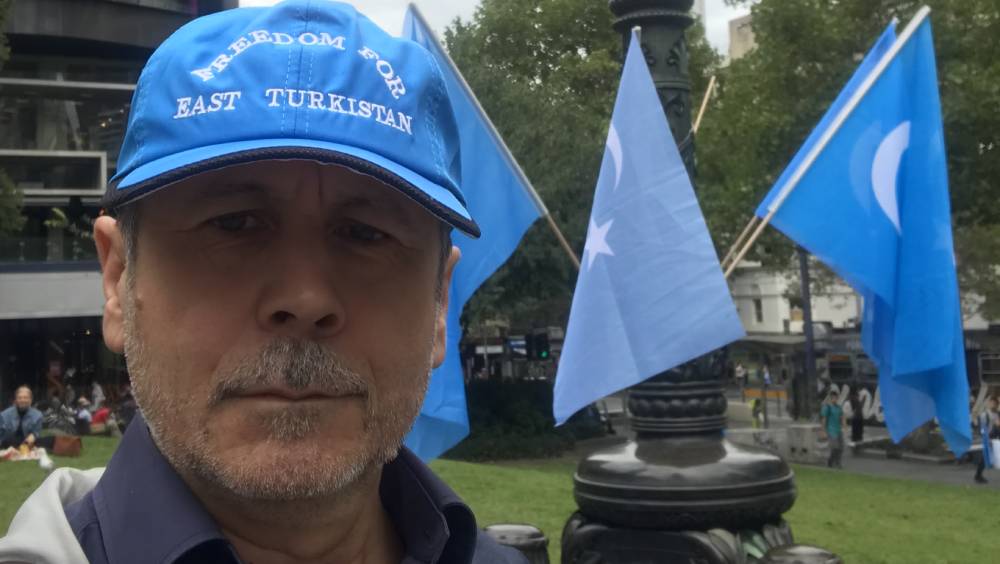
Firstly, at the beginning of last month, the BBC reported on further atrocities coming out of the internment camp system the Chinese government is running in East Turkistan/Xinjiang. These included accounts of organised mass sexual assault and torture.
This prompted the Australian Uyghur Association to call on the Morrison government to declare that Beijing is attempting genocide on the Uyghur people.
Indeed, Independent Senator Rex Patrick has indicated he’ll be moving a motion shortly to facilitate this.
Bahtiyar, if Australia declares genocide – along with the other nations that have already done so, such as the US – what sort of direct impact would this have?
The CCP is perpetrating genocide. In acknowledging this, the Australian government would also be meeting their obligations under the Genocide Convention, namely, to prevent and to punish genocide.
This step would also require the state to consider what action should be taken to prevent the genocide.
Crucially, this would be a huge propaganda blow to the CCP, who continue to deny the genocide against the Uyghurs.
This would also increase pressure on the international community to consider what action should be taken to prevent this ongoing genocide.
In short, it would compel Australia to take direct preventative action and, also, increase the responsibilities of the international community to do so.
A group of senior barristers from London’s Essex Court Chambers released legal advice last month stating that there is a credible case to be made that China is perpetrating genocide upon the Uyghur people.
This extends to personally implicating president Xi Jinping in crimes against humanity. What’s the significance of this finding?
The findings are hugely significant. This is 105 pages that reveal the truth of what the Chinese Communist Party is doing to our people.
This is not just a crime against our people, it’s a crime against humanity.
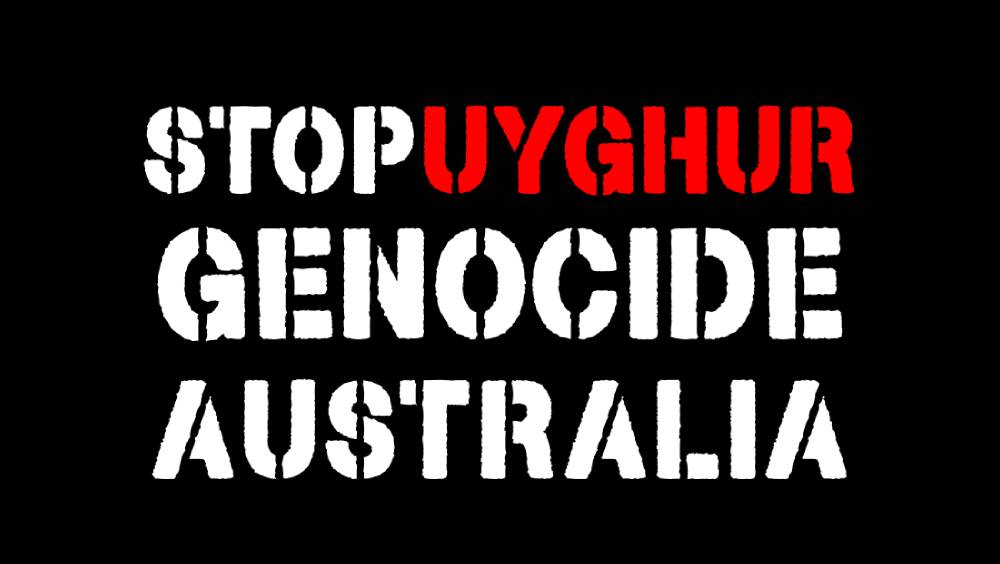
While the AUA is calling on the Australian foreign minister to declare genocide, your organisation has also praised Marise Payne for her efforts in dealing with the situation already. What has this entailed so far?
First of all, we appreciate the hard work our foreign minister Marise Payne has carried out these last few years. She did excellent work in uniting Uyghur families. At least two families have been reunited now.
But this is not a matter of one, two or a few Uyghur people. This is a matter that involves millions of Uyghur and other Turkic minority peoples.
The Australian government, together with the United States, the Netherlands and other allies, have to do more.
For example, the Australian government should make sanctions against Chinese officials, like Chen Quanguo, who are responsible for this crime against humanity.
These crimes consist of running concentration camps and slave labour, as well as complicity in atrocities committed against the Uyghur people by the Public Security Bureau.
There needs to be blacklisting of companies that are providing the technology used by these Chinese agencies.
And all members of the Australian parliament from all parties must recognise this crime as being genocide.
The internment camps are said to have commenced operations in April 2017. By the following year, there were widespread claims that around one million Uyghur people were detained without charge or trial.
What’s the extent of the camps today? And are the majority continuing to be detained indefinitely?
China always claims that it’s a country that follows the law and the constitution. But the so-called re-education camps – what we call the concentration camps – actually started in 2016.
But the Xinjiang government’s anti-terror law wasn’t passed until 1 April 2017. So, they started the camps one year before the anti-terror laws. This shows that the CCP operates unlawfully.
In 2018, the United Nations recognised up to one million people were in the concentration camps. But now we believe there’s up to three million Uyghur and other Turkic minorities still detained. And the majority are detained indefinitely.
This includes my nephew, Ehsan Rahim, my older brother’s son. He was taken away to the concentration camps in early 2017. Ten months after this, my brother received a paper saying that his son was sentenced to 15 years in prison, with no court hearing or crimes committed.
The reason he was sentenced to prison was due to my political activity in Australia. I’ve been an Australian citizen and taxpayer for 33 years. The Australian government should show responsibility for my nephew, my family and every Australian citizens’ families.
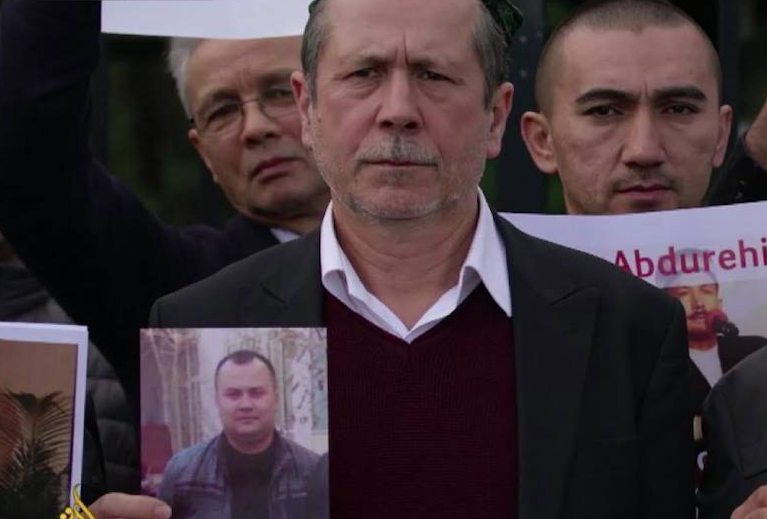
What is life like for Uyghur people living in occupied East Turkistan? What sort of repressions and monitoring are they subject to today?
There are up to three million Uyghurs and other Turkic minorities in the camps. One million children have been taken from their families to boarding schools where their language is taken from them.
The overwhelming evidence is that the Chinese government is trying to erase Uyghur culture and identity.
There are millions in dozens of camps. Thousands of them are forced to work in the factories beside the camps and thousands more have been transported elsewhere to provide slave labour.
Sixteen thousand mosques have been destroyed. These are statistics coming from the Australian Strategic Policy Institute.
Millions of women have been forced into sterilisation. They have been forced into marriages with Han Chinese men. Detainees are subjected to brainwashing, torture, lack of food and clothing and sleep deprivation.
Xinjiang is a 21st century police state. It is a combination of manpower and technology. The system is designed for a very specific purpose, which is to target Uyghurs and other Turkic Muslims.
It treats them as suspects from the start. And it defines suspicious behaviour to include peaceful religious activities, such as making a donation to a mosque.
Another very brutal thing is the implementation of the so-called Becoming Family campaign from early 2018.
Under this program, every three months a group of Han Chinese cadres visits the same families in the Xinjiang region for a period of between five and eight days.
The goal is to instil fear into the civilians. More than one million Chinese cadres are being sent to stay with every Uyghur family.
They are sent to stay at their houses 24 hours a day, while often the father has been detained. These cadres force alcohol on the people. And they want to sleep together in the same bed.
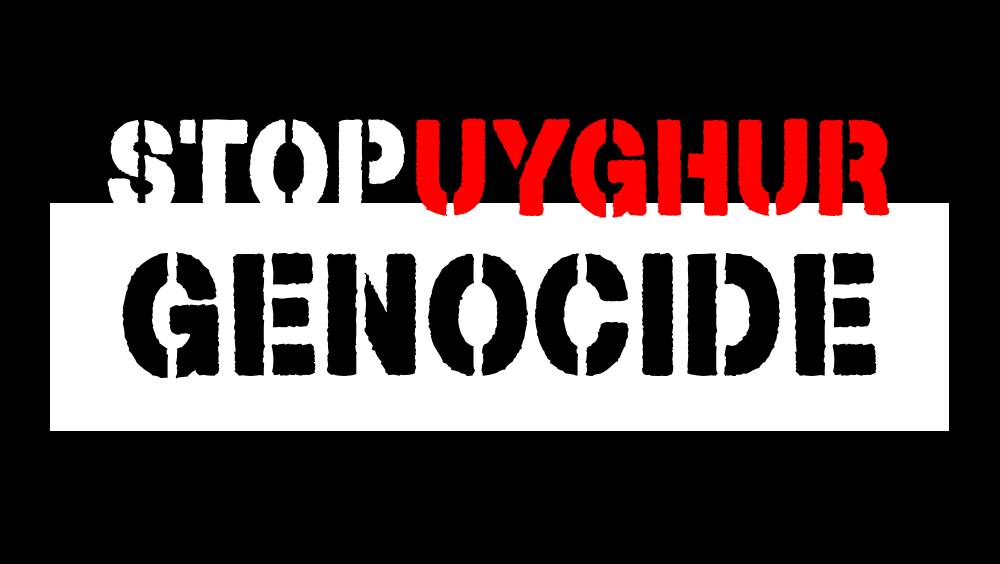
CCP troops first entered the Xinjiang region in 1949. The local Uyghur people have since lived under repressive occupation.
However, over the last half decade, Beijing has intensified this with the rollout of the camps and other measures. What’s behind the increased crackdown?
There are many reasons for this. Uyghurs in their homeland of East Turkistan are total strangers to the Chinese.
Anyone can be arrested at any time and taken to these prisons. Uyghurs have no human rights, inside or outside the camps.
The main reason is we are different from the Han Chinese. We look different. We have a different religion, language and culture. And the CCP is scared of these differences. Anything that’s different from the party is the enemy and has to be destroyed.
Another reason is that East Turkistan is very rich in resources: oil, coal, cotton and many other resources. More than 60 percent of the resources used across China are coming from East Turkistan.
The region is also very important geopolitically to the CCP because it borders many other nations. And further to this the Belt and Road initiative is starting from Kashgar.
Another issue for the CCP is that we were an independent country before the Chinese invasion. We are the sole owners of that land. And we have a right to self-determination.
We were independent. And we were against the Chinese invasion from day one. That’s why China always fears our independence movement.
And lastly, Bahtiyar, the AUA is campaigning for Australia to declare genocide, and with the support of other governments, this will hopefully force Beijing to pull back.
But, in the meantime, there have been reports that Australians might be buying products produced by Uyghur people within the camps at retail outlets here.
In your understanding, what’s the extent of forced Uyghur labour produced products being sold over here? And how should Australian consumers be responding to ensure they’re not supporting genocide?
Eight four percent of Chinese cotton and 20 percent of world cotton is coming from the Uyghur region: East Turkistan. That means one in five shirts made from cotton are coming from our homelands.
In Australia, and all around the world, one in five cotton products are made by Uyghur slave labour. That’s why we claim that people in this country are buying products made by slave labour.
In order to stop this, the Australian government should ban imports of the goods made by this slave labour. And people should boycott these products.
Not only should Australians boycott the cotton products from China or our region, but they should boycott high-tech products, solar panels and many other big brand products that are made by Uyghur slave labour.


